May 11, 2023
Magenta Associates reports positive first quarter to 2023
 Magenta Associates, the communications specialist for the built environment, has reported significant growth in 2022/23 (20 percent) and 2021/22 (32 percent), along with a series of new architecture, design and construction contract wins, and several of its existing clients confirming that they will invest in new service areas of the business. In 2022, the Brighton based firm launched its new dedicated B2E (business to employee) comms division in light of research it commissioned which revealed a gap in the market, particularly for FM firms, many of which are struggling to unite dispersed teams in the era of hybrid working and talent shortages. In the first quarter of 2023, an increasing number of clients have turned to Magenta for support in this area. (more…)
Magenta Associates, the communications specialist for the built environment, has reported significant growth in 2022/23 (20 percent) and 2021/22 (32 percent), along with a series of new architecture, design and construction contract wins, and several of its existing clients confirming that they will invest in new service areas of the business. In 2022, the Brighton based firm launched its new dedicated B2E (business to employee) comms division in light of research it commissioned which revealed a gap in the market, particularly for FM firms, many of which are struggling to unite dispersed teams in the era of hybrid working and talent shortages. In the first quarter of 2023, an increasing number of clients have turned to Magenta for support in this area. (more…)








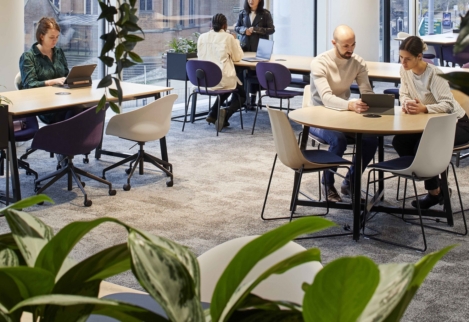
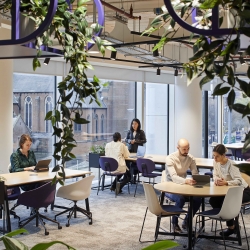
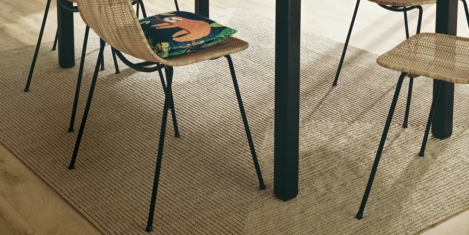
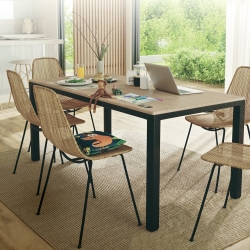





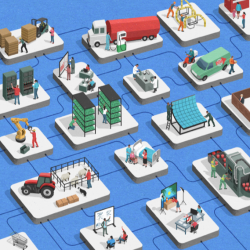
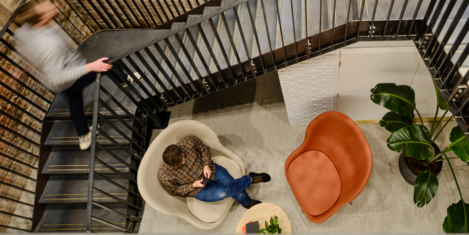
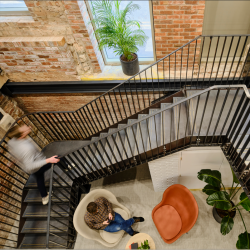 Following last week’s announcement of the annual BCO Awards winners for London, the British Council for Offices has announced the winners of its annual Awards for the North of England. In fact all but one of the winners are located in Greater Manchester and the one that isn’t lies within twenty miles of it. The organisers suggest that the theme of sustainable office design runs through the submissions of the winning entries.
Following last week’s announcement of the annual BCO Awards winners for London, the British Council for Offices has announced the winners of its annual Awards for the North of England. In fact all but one of the winners are located in Greater Manchester and the one that isn’t lies within twenty miles of it. The organisers suggest that the theme of sustainable office design runs through the submissions of the winning entries. 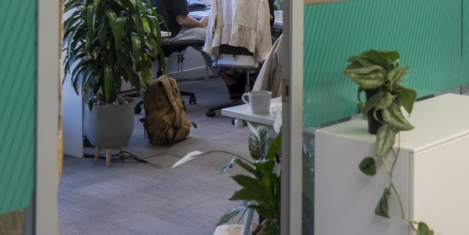
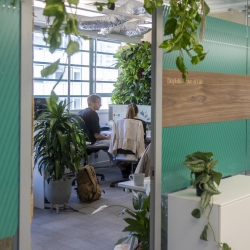

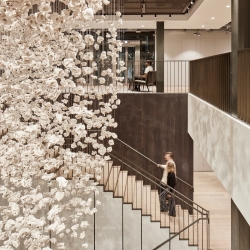 London’s most outstanding workplaces have been recognised with British Council for Offices Awards going to seven office buildings across the capital. Held at the London Hilton on Park Lane, the BCO’s annual London Awards Lunch recognised projects that demonstrate best practice in office design, fit-out, operation and sustainability, setting the standard for excellence across the sector.
London’s most outstanding workplaces have been recognised with British Council for Offices Awards going to seven office buildings across the capital. Held at the London Hilton on Park Lane, the BCO’s annual London Awards Lunch recognised projects that demonstrate best practice in office design, fit-out, operation and sustainability, setting the standard for excellence across the sector. 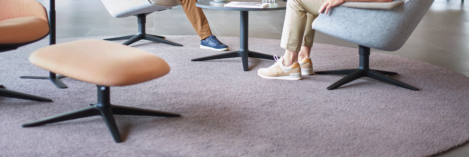
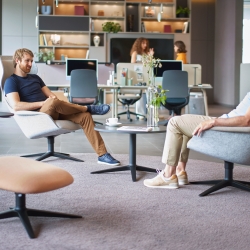
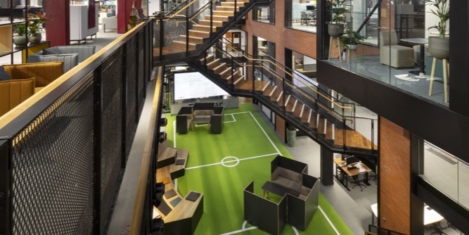
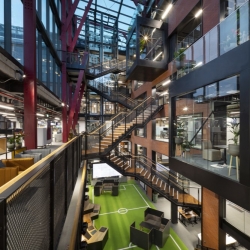









April 24, 2023
Reconnecting older workers with the office: have we retired what matters most?
by Julie Lecoq • Comment, Flexible working, Workplace design